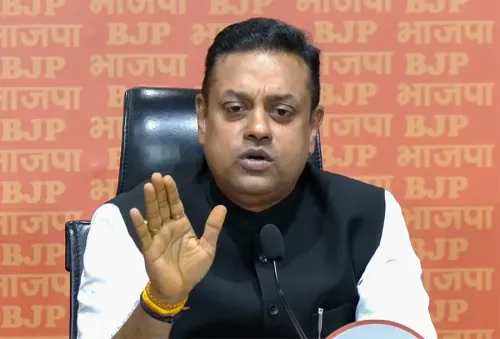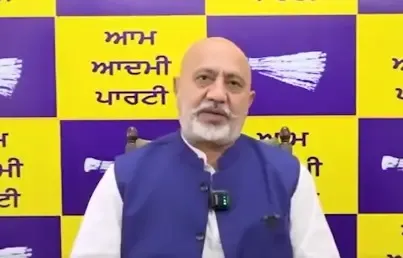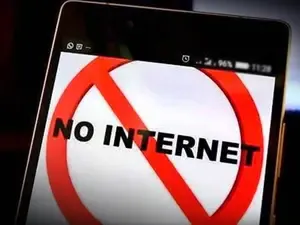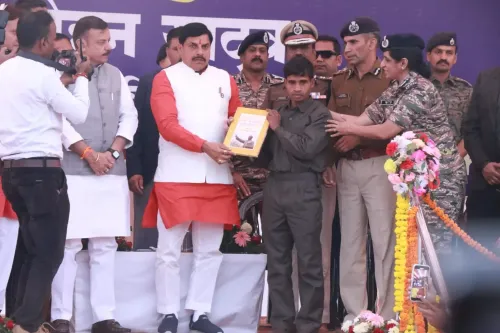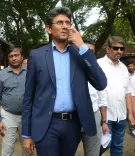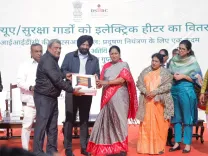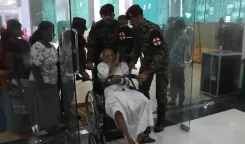Rajasthan: Strategy Formulated to Enhance Self-Reliance in Mineral Exploration
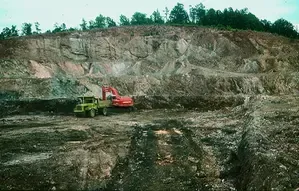
Synopsis
Key Takeaways
- Urgent call for enhanced mineral exploration in Rajasthan.
- Updated data on mineral deposits to be released by January 31.
- A three-phase strategy proposed to reduce reliance on China.
- Rajasthan has 42,000 square kilometers of mineral-rich land.
- Collaboration emphasized for unlocking Rajasthan's mineral potential.
Jaipur, Jan 16 (NationPress) T. Ravikant, the Principal Secretary of Mines, Geology, and Petroleum in Rajasthan, emphasized the urgent requirement to enhance mineral exploration during a seminar hosted at the Rajasthan International Centre.
He declared that by January 31, updated information on vital and strategic mineral deposits, identified by agencies like RSMET and the Geological Survey of India (GSI), will be publicly accessible. This initiative is designed to foster active involvement from both public and private sectors in mineral exploration.
In pursuit of a developed India by 2047 and to lessen reliance on foreign powers, such as China, for essential minerals, Ravikant introduced a three-phase strategy. This includes sharing updated exploration data via an online portal, encouraging cooperation between government and private sectors through NMET and RSMET frameworks, and utilizing advanced technologies like artificial intelligence (AI) in exploration and mining activities.
Rajasthan, recognized as a frontrunner in mineral resource development, has made notable progress in auctioning significant mineral blocks. Ravikant commended recent reforms in state and central policies that have streamlined processes and fostered public-private partnerships to strengthen the sector.
Director of Mines, Bhagwati Prasad Kalal, revealed that while Rajasthan contains over 42,000 square kilometers of mineral-rich terrain, only 5,000 square kilometers have been explored thus far.
Experts from GSI and NMET emphasized the necessity of collaboration to tap into Rajasthan’s untapped mineral resources. The discussions showcased successful AI-driven exploration initiatives, with Vikram K Y, Director of Operations for Critical Mineral Trekkers, sharing encouraging outcomes from AI-based assessments conducted in Nagpur, Maharashtra.
Jayant Gupta from NMET elaborated on the licensing procedures and provisions to stimulate private sector engagement in mining exploration.
GSI Director Sanjay Singh highlighted China’s supremacy in processing critical and strategic minerals, stressing the importance of unified efforts to leverage India’s mineral deposits.
GSI Director Uttam Kumar Pradhan pointed out that Rajasthan possesses 89 percent of India’s potash reserves along with considerable deposits of other minerals. The event concluded with expert presentations covering revenue-sharing strategies, technological advancements in exploration, and the incorporation of quality assurance standards.
Officials and attendees expressed optimism regarding the collaborative approach, recognizing its potential to establish Rajasthan as a global leader in mineral exploration and development.


